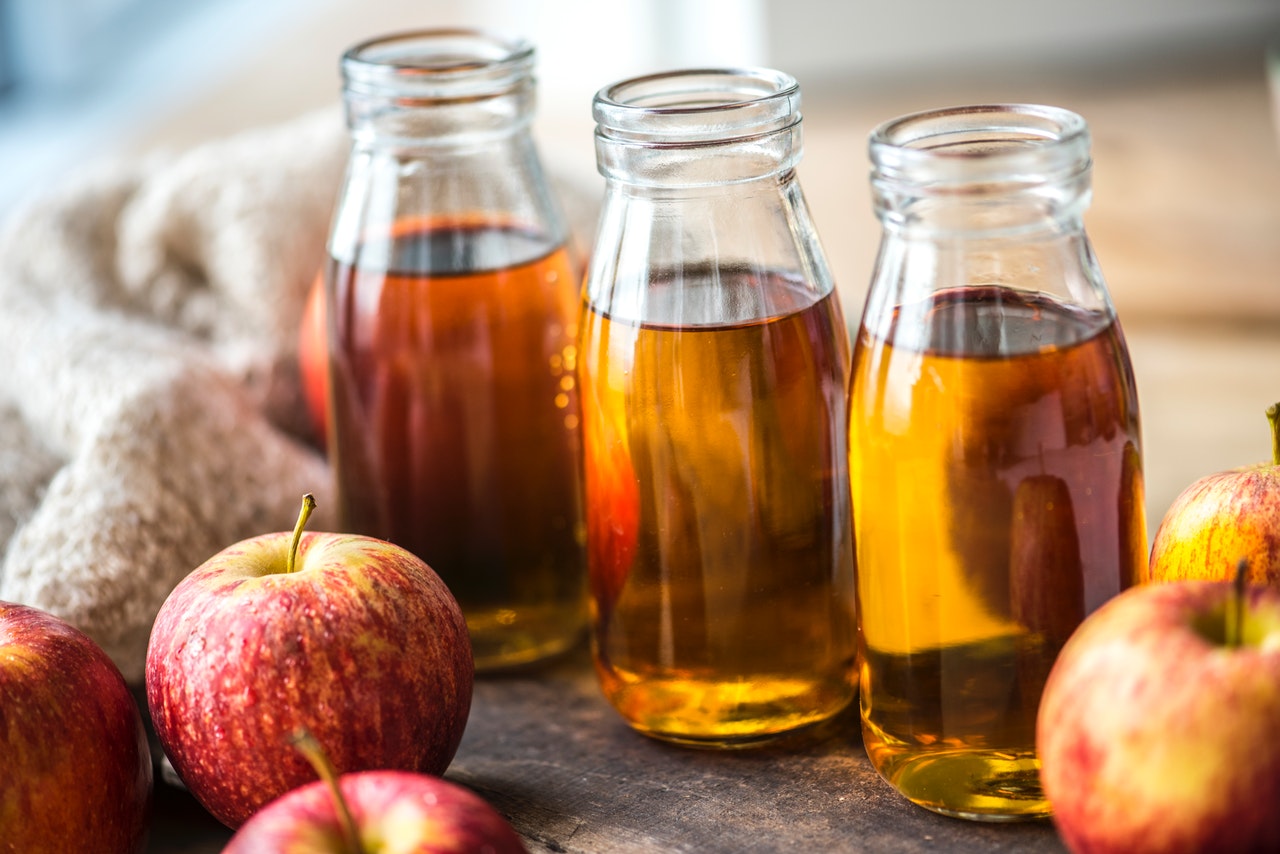

Articles
How To Store Apple Cider Vinegar
Modified: December 7, 2023
Learn how to properly store apple cider vinegar in this informative article. Keep your vinegar fresh and maximize its health benefits.
(Many of the links in this article redirect to a specific reviewed product. Your purchase of these products through affiliate links helps to generate commission for Storables.com, at no extra cost. Learn more)
Introduction
Welcome to the wonderful world of apple cider vinegar! Widely known for its numerous health benefits and versatility, apple cider vinegar has become a staple ingredient in many households. Whether you’re using it for cooking, cleaning, or even as a natural remedy, proper storage is crucial to maintain the quality and effectiveness of this golden elixir.
In this article, we will explore the best practices for storing apple cider vinegar to ensure its long shelf life and maximum potency. From choosing the right vinegar to the ideal storage containers, we will guide you through the steps necessary to keep your apple cider vinegar fresh and potent for as long as possible.
Key Takeaways:
- Store apple cider vinegar in a cool, dark place in a tightly sealed container to maintain its freshness and potency. Avoid refrigeration and use clean utensils for longer shelf life.
- Choose high-quality, raw, unfiltered, and organic apple cider vinegar, and opt for non-reactive storage containers such as glass or stainless steel. Follow good hygiene practices and avoid temperature fluctuations for extended freshness.
Benefits of Apple Cider Vinegar
Before we dive into the details of storing apple cider vinegar, let’s first understand why it has gained such popularity in the health and wellness community. Apple cider vinegar is known for its numerous beneficial properties, which can be attributed to its high acetic acid content.
1. Digestive Health: Apple cider vinegar can aid in digestion by increasing the production of digestive enzymes in the stomach. It is believed to help balance stomach acid levels, alleviating symptoms such as indigestion and bloating.
2. Blood Sugar Control: Several studies have shown that consuming apple cider vinegar can help regulate blood sugar levels. It may improve insulin sensitivity and reduce post-meal blood sugar spikes, making it beneficial for individuals with diabetes or insulin resistance.
3. Weight Management: Adding apple cider vinegar to your diet may aid in weight loss. It helps promote a feeling of fullness, reduces appetite, and regulates blood sugar levels, which can all contribute to achieving and maintaining a healthy weight.
4. Heart Health: The acetic acid in apple cider vinegar may help lower cholesterol levels and blood pressure. These factors play a crucial role in maintaining heart health and reducing the risk of cardiovascular diseases.
5. Skin and Hair Care: Apple cider vinegar has antibacterial and antifungal properties, making it a popular ingredient in natural skincare and haircare routines. It can help balance the pH of the skin, prevent acne, and add shine to your hair.
These are just a few of the many benefits that apple cider vinegar offers. Its versatility and effectiveness have made it a go-to remedy for various health concerns.
Choosing and Buying Apple Cider Vinegar
When it comes to choosing and buying apple cider vinegar, it’s important to look for a high-quality product that will deliver the desired health benefits. Here are some key factors to consider:
1. Raw and Unfiltered: Opt for raw, unfiltered apple cider vinegar as it contains the “mother” – a cloudy sediment consisting of beneficial bacteria, enzymes, and proteins. The mother is responsible for many of the health benefits associated with apple cider vinegar.
2. Organic: Choose organic apple cider vinegar to ensure that it is made from organically grown apples. This reduces exposure to pesticides and ensures a more natural and pure product.
3. Acidity: Look for apple cider vinegar with a acidity level of 5% or higher. This ensures that it contains a sufficient amount of acetic acid, which is responsible for its health benefits.
4. Glass Bottles: When possible, choose apple cider vinegar that is packaged in glass bottles. Glass is non-reactive and does not leach any chemicals into the vinegar, preserving its quality and flavor.
5. Reputation and Reviews: It can be helpful to research different brands and read customer reviews before making a purchase. Look for reputable brands that have positive feedback from consumers.
Keep in mind that apple cider vinegar is readily available in most grocery stores and health food stores. It can also be purchased online, providing a convenient option for those who prefer to shop from the comfort of their own homes.
Storing Apple Cider Vinegar Properly
Now that you’ve purchased your desired apple cider vinegar, it’s essential to store it properly to maintain its freshness and potency. Here are some guidelines to follow:
1. Store in a Cool, Dark Place: Apple cider vinegar should be stored in a cool, dark place away from direct sunlight and heat sources. Exposure to light and heat can accelerate the oxidation process and degrade the quality of the vinegar.
2. Keep it Sealed: Ensure that the vinegar bottle is tightly sealed after each use. This prevents air from entering the bottle and helps maintain the vinegar’s freshness for a more extended period. Avoid using containers with loose or damaged caps to prevent air exposure.
3. Avoid Refrigeration: Unlike some other types of vinegar, apple cider vinegar does not need to be refrigerated. In fact, refrigeration can lead to the formation of a sediment at the bottom of the bottle, which is harmless but may affect the appearance of the vinegar.
4. Shake Before Use: The “mother” in the vinegar may settle at the bottom over time. Before using apple cider vinegar, give the bottle a good shake to distribute the mother evenly throughout the liquid.
5. Use Clean Utensils: When using apple cider vinegar, ensure that you use clean utensils or pour it into a clean cup or spoon. This prevents the introduction of bacteria or contaminants into the vinegar, which can affect its quality.
By following these storage guidelines, you can preserve the freshness and potency of your apple cider vinegar for an extended period. It’s important to note that while apple cider vinegar does not spoil, its quality may gradually degrade over time.
Store apple cider vinegar in a cool, dark place, away from direct sunlight and heat sources. Keep it tightly sealed to prevent oxidation and maintain its quality.
Recommended Storage Containers
Choosing the right storage container for your apple cider vinegar is essential to maintain its quality and prolong its shelf life. Here are some recommended storage containers:
1. Glass Bottles or Jars: Glass is the preferred material for storing apple cider vinegar as it is non-reactive and will not leach any chemicals into the vinegar. Look for glass bottles or jars with airtight lids to prevent air exposure and maintain freshness.
2. Dark-Colored Bottles: If possible, choose dark-colored glass bottles or jars, such as amber or dark green. These colors help block out light and protect the vinegar from UV rays, which can accelerate oxidation and degradation.
3. Plastic BPA-Free Bottles: If glass is not a viable option for you, choose BPA-free plastic bottles specifically designed for storing food-grade liquids. Ensure that the plastic is of high quality and free from any potentially harmful chemicals.
4. Stainless Steel Containers: Stainless steel containers can also be used to store apple cider vinegar. Ensure that they are made from food-grade stainless steel to prevent any interactions with the vinegar that could compromise its quality.
When choosing a storage container, consider the size of your apple cider vinegar bottle. It’s ideal to transfer the vinegar to a smaller container, leaving minimal air space to reduce exposure to air. This will help maintain the vinegar’s freshness and prevent oxidation.
Remember to clean and sanitize your storage containers before transferring the vinegar to avoid introducing any contaminants that could affect its quality.
Tips for Extending Shelf Life
While apple cider vinegar has a long shelf life and does not spoil, there are some tips you can follow to extend its freshness and potency:
1. Avoid Cross Contamination: When using apple cider vinegar, always use clean utensils or pour it into a clean cup or spoon. This prevents the introduction of bacteria or contaminants that could compromise its quality.
2. Keep the Lid Tightly Sealed: After each use, ensure that the lid of the vinegar bottle is tightly sealed. This helps prevent air from entering and maintains the vinegar’s freshness and flavor.
3. Use a Drip-Free Spout: If your vinegar bottle does not have a drip-free spout, consider transferring it to a bottle with one. This helps control the amount of vinegar poured and prevents spills, reducing waste and preserving the vinegar.
4. Avoid Temperature Fluctuations: Apple cider vinegar should be stored in a cool, dark place away from direct sunlight and heat sources. Avoid exposing it to extreme temperature changes, as this can affect its quality and potency.
5. Use From Oldest to Newest: If you have multiple bottles of apple cider vinegar, use them in the order of their purchase. This ensures that the older vinegar is consumed first, minimizing the chances of any vinegar sitting unused for an extended period.
6. Check for Changes in Color or Odor: Periodically inspect your apple cider vinegar for any changes in color, cloudiness, or odor. If you notice significant changes, such as a moldy smell or unusual discoloration, it’s best to discard it and purchase a fresh bottle.
By following these tips, you can extend the shelf life of your apple cider vinegar and enjoy its freshness and potency for as long as possible. It’s important to note that apple cider vinegar may develop a sediment over time, which is completely normal and does not affect its quality or efficacy.
Conclusion
Properly storing apple cider vinegar is crucial to maintain its freshness, potency, and beneficial properties. By following the guidelines outlined in this article, you can ensure that your apple cider vinegar remains high in quality for an extended period.
Remember to choose high-quality apple cider vinegar with the “mother” intact, preferably raw, unfiltered, and organic. Store it in a cool, dark place in a tightly sealed container to prevent oxidation. Avoid refrigeration and always give the bottle a good shake before use.
When it comes to storage containers, opt for non-reactive materials such as glass or stainless steel, and consider dark-colored bottles to protect the vinegar from harmful UV rays. Cleanliness is key, so always use clean utensils and sanitize storage containers before transferring the vinegar.
To extend the shelf life of apple cider vinegar, follow good hygiene practices, keep the lid tightly sealed, and avoid temperature fluctuations. Use older bottles before newer ones to minimize waste, and discard vinegar if you notice any significant changes in color, cloudiness, or odor.
By implementing these tips, you can ensure that your apple cider vinegar remains fresh, potent, and ready to be used in your culinary creations, natural remedies, and cleaning routines.
So, go ahead and store your apple cider vinegar with care and enjoy its numerous health benefits and versatility for a long time to come!
Frequently Asked Questions about How To Store Apple Cider Vinegar
Was this page helpful?
At Storables.com, we guarantee accurate and reliable information. Our content, validated by Expert Board Contributors, is crafted following stringent Editorial Policies. We're committed to providing you with well-researched, expert-backed insights for all your informational needs.



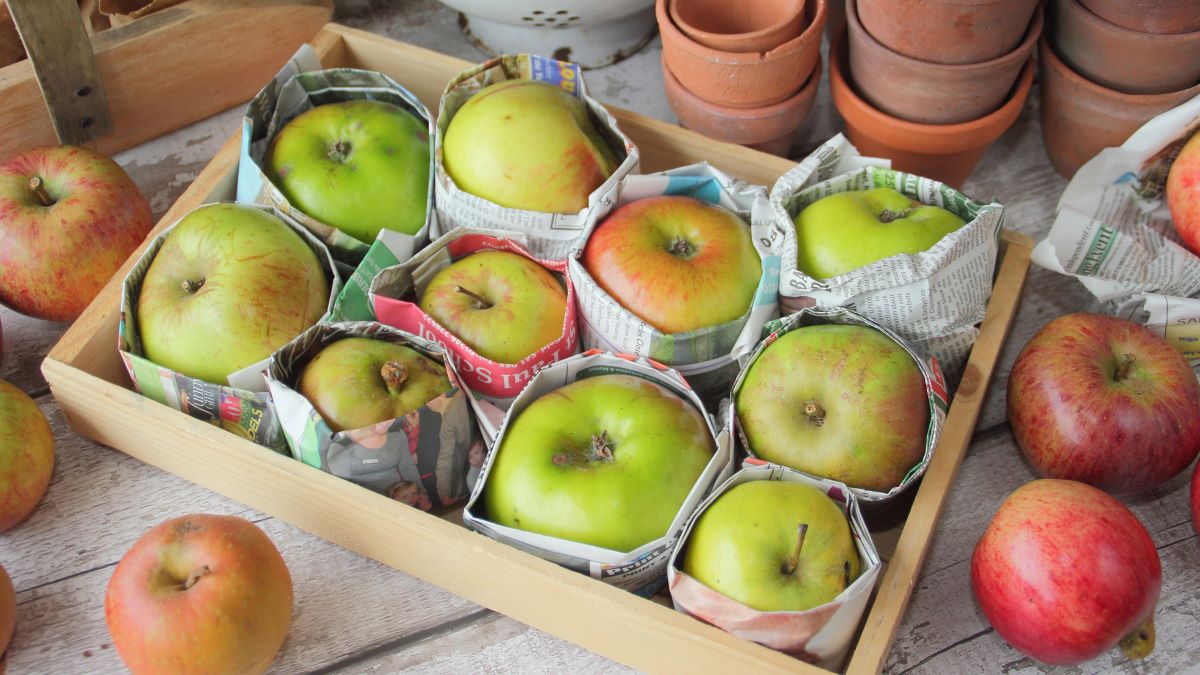


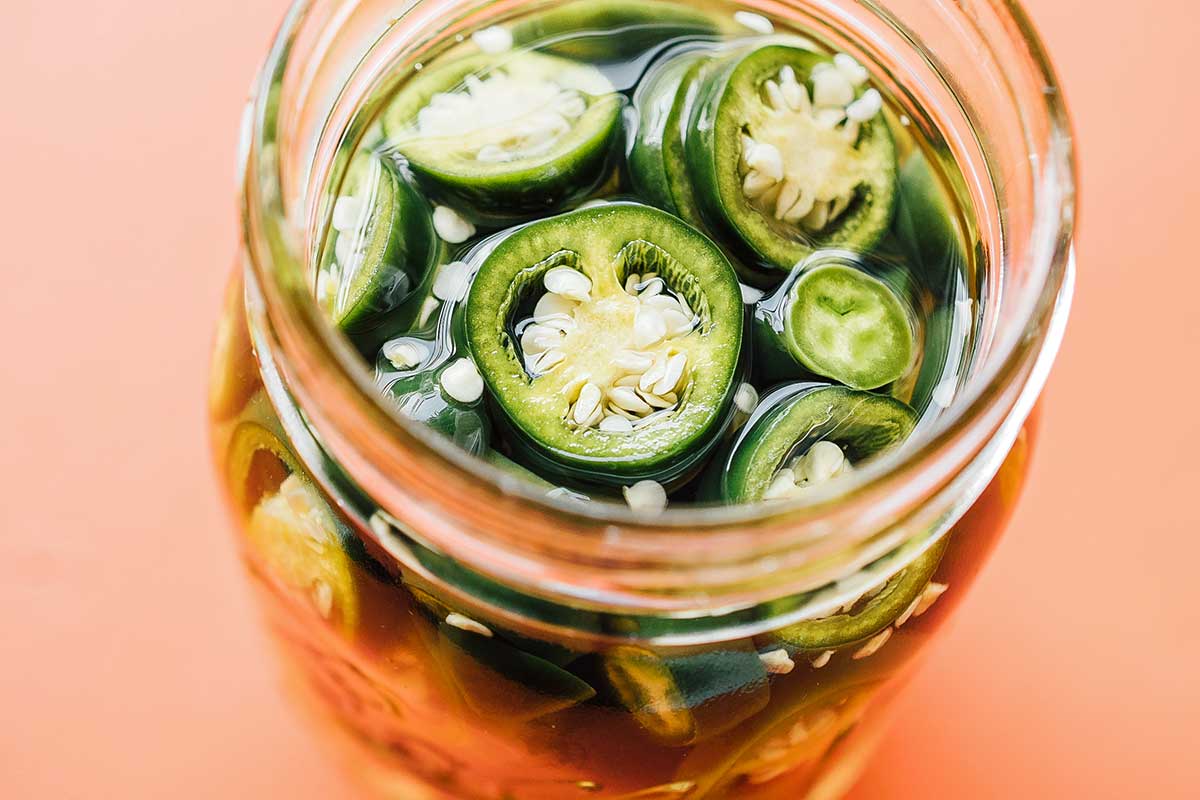
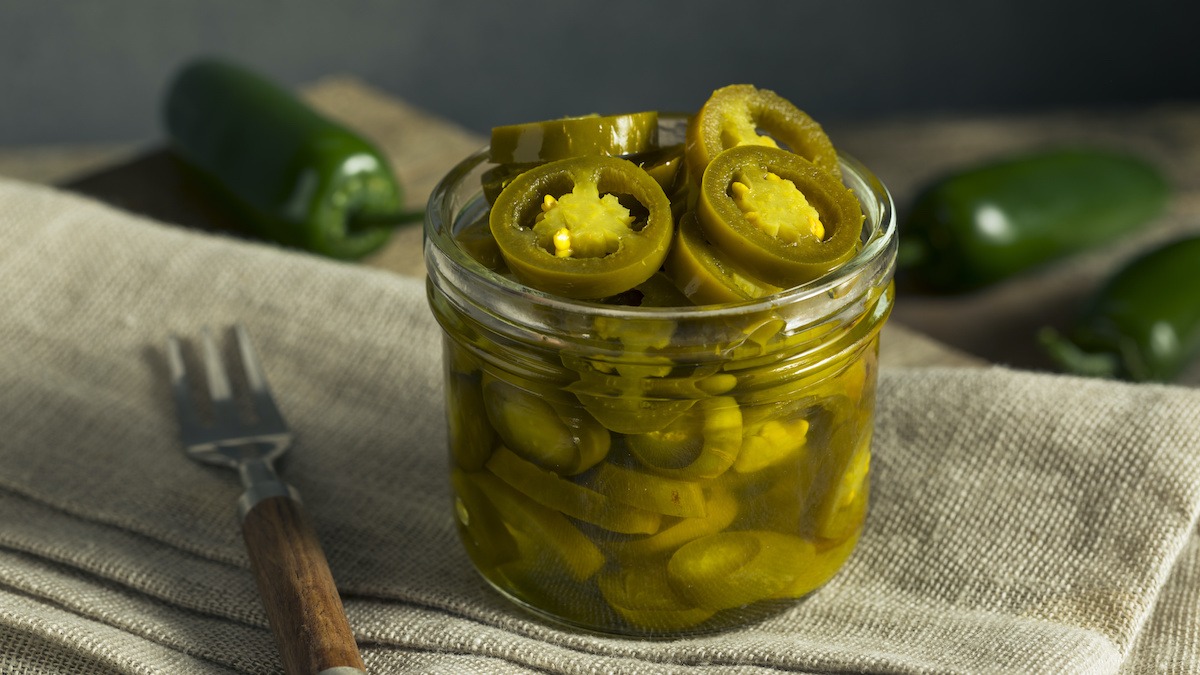

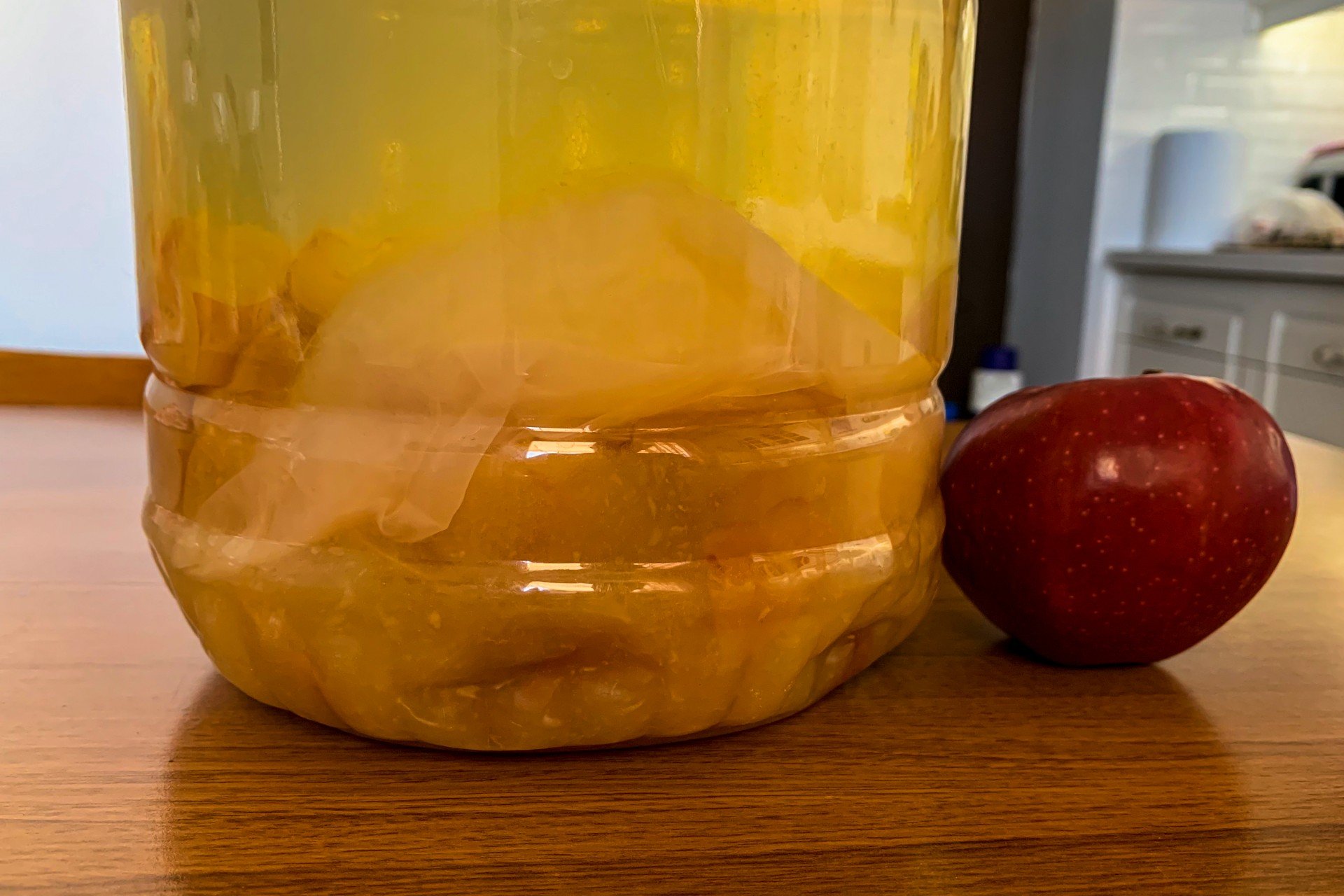
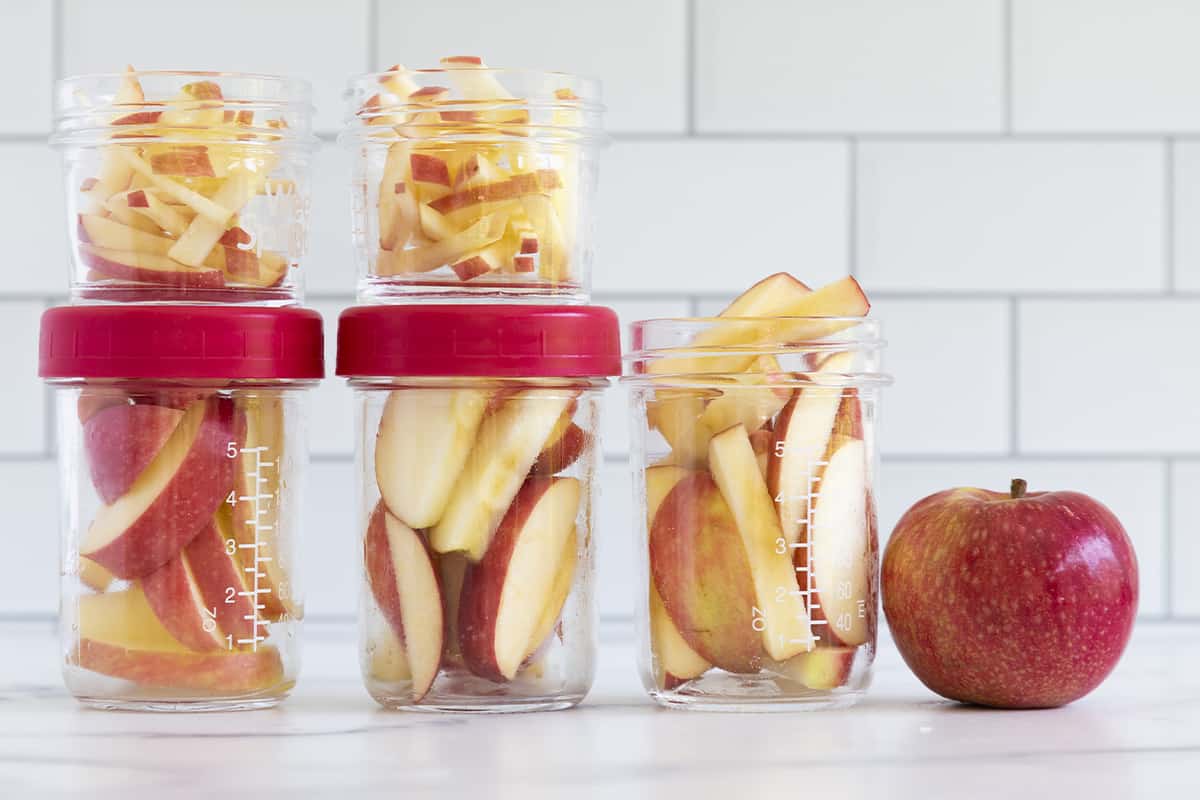

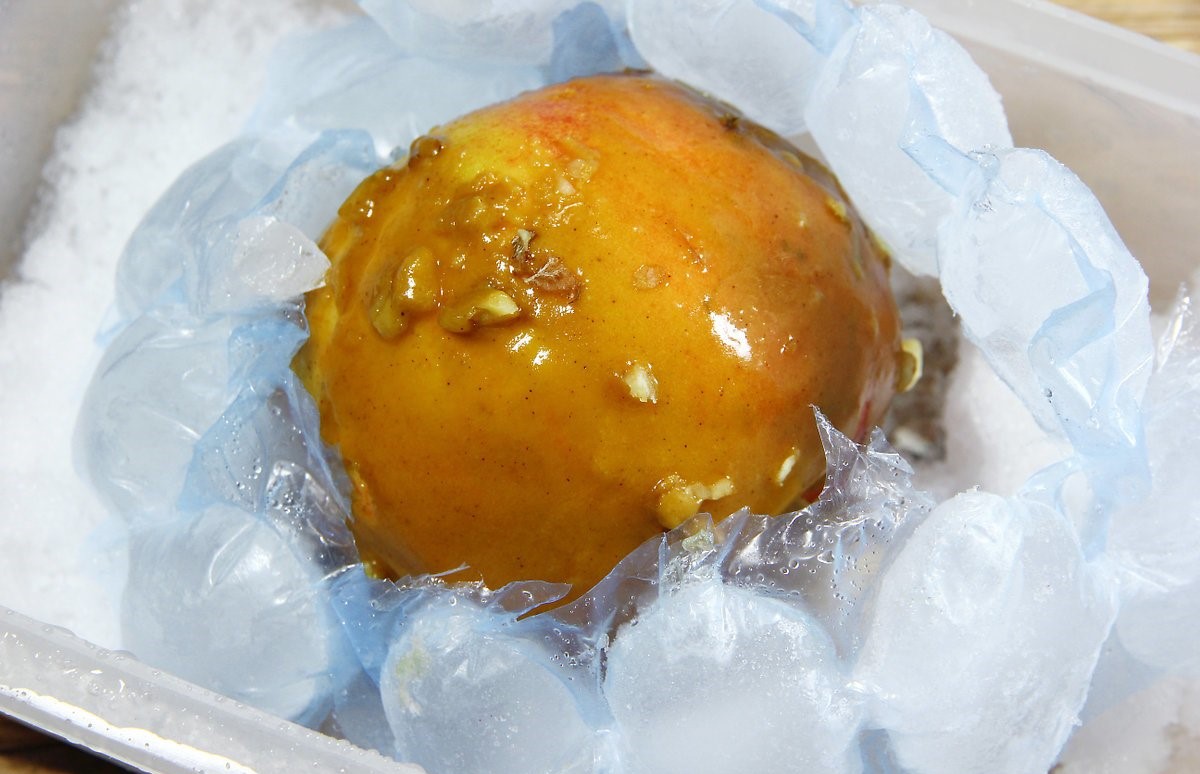


0 thoughts on “How To Store Apple Cider Vinegar”